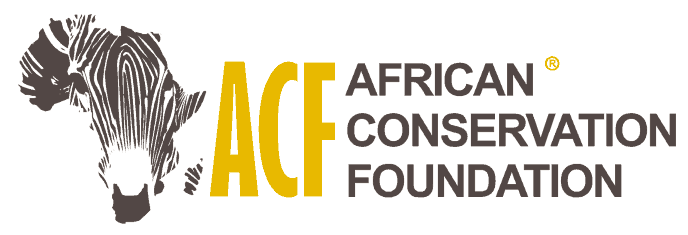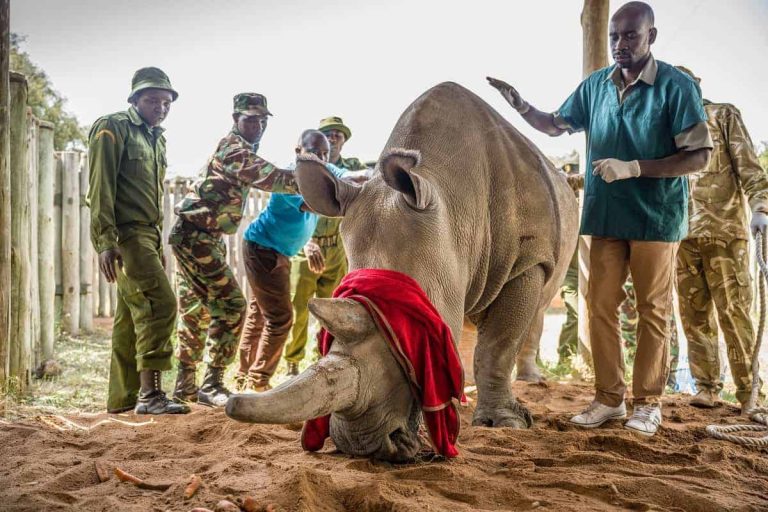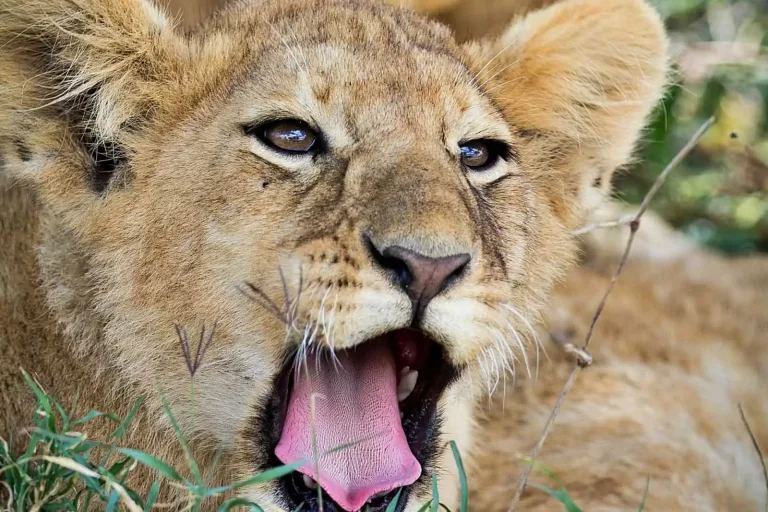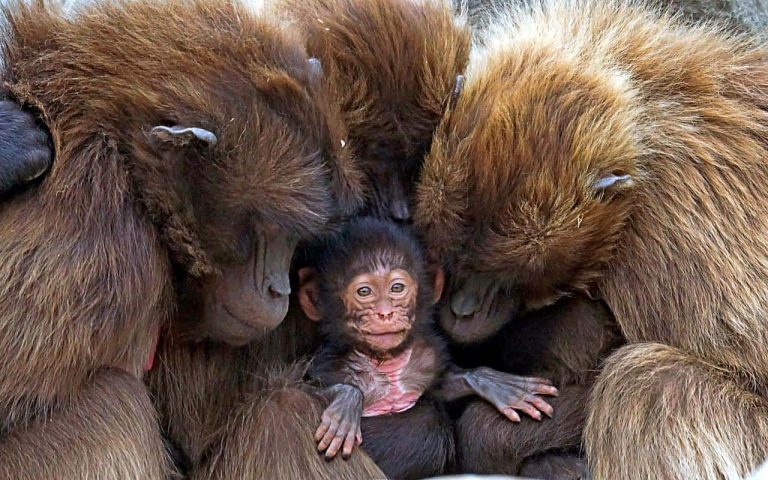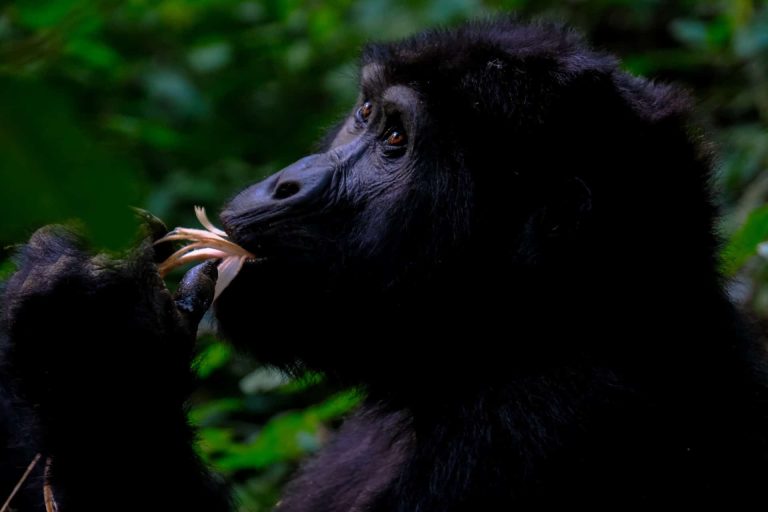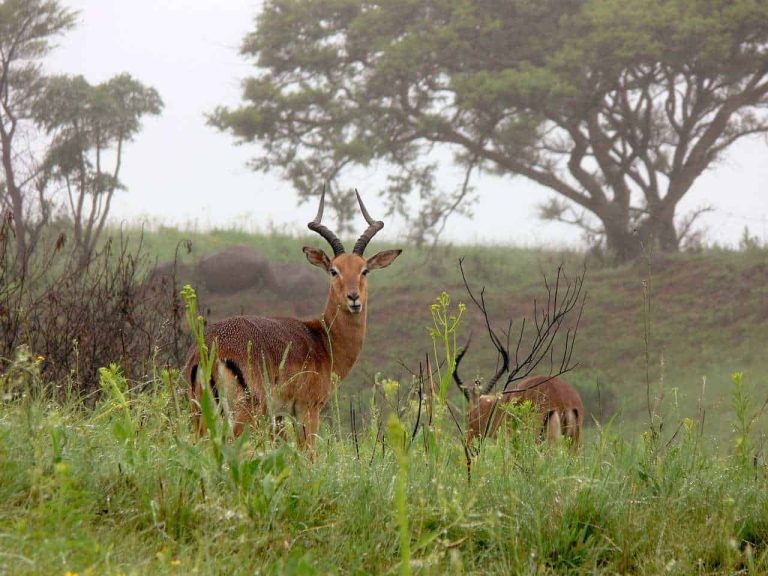Cameroon government cancels logging concession that threatens wildlife in virgin rainforest
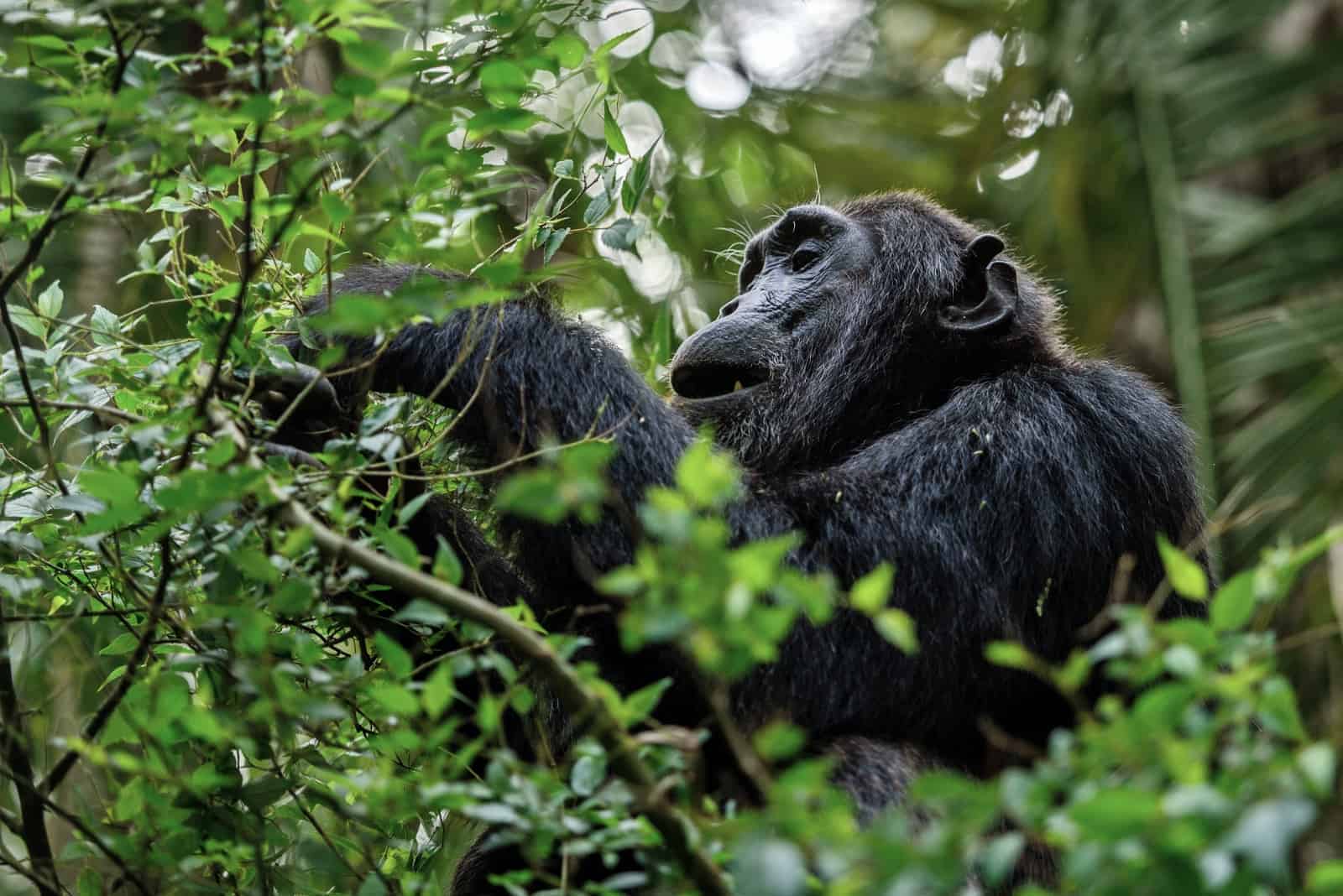
A Cameroonian government decree allowing logging in a forest that is home to the rare Ebo gorilla and other endangered species, like chimpanzees, forest elephants and grey parrots, has been cancelled.
The decree, which was signed mid-July, had sparked outrage among local communities and conservation groups. In total 68,385 hectares of virgin forest would be turned into a forest management unit to be auctioned for timber extraction.
Ebo Forest is one of the last intact rainforests in central Africa, rich in biodiversity and home to the indigenous Banen communities who lived in harmony with this forest and its wildlife. Many species are on the Red List of Endangered and Critically Endangered species of the International Union for Conservation of Nature (IUCN). Ebo forest is also an important carbon sink, which is important to mitigate climate change.
The elusive Ebo gorilla is possibly a new subspecies of gorilla. The local chimpanzees are a culturally unique population: they are the only ones in the world that have mastered to use stones for cracking nuts, as well as using long sticks to catch termites.
Conservationists say logging activities will threaten the survival of these critically endangered species. The people of the region denounced the decision, promising to do everything possible to halt and reverse these plans. Dissatisfied, local people decided to launch a petition with the help of Rainforest Rescue and Greenpeace Africa, supported by the African Conservation Foundation and hundreds of other organisations and individuals.
On the 6th of August, Cameroon’s President Paul Biya instructed Prime Minister Joseph Dion Ngute to withdraw the decree which would allow exploitation of the forest.
Halting logging and exploitation is just a first step. In 2006 the Cameroonian government pledged to turn Ebo Forest into a national park, but this was opposed by local communities who feared their land would become state property. New plans can now be developed for sustainable land-use options and socio-economic activities that generate revenue for Cameroon, supporting the livelihoods of Ebo’s indigenous communities, and protecting this critical rainforest for some of Africa’s most endangered species.
The Congo Basin rainforest covers 200 million hectares, and is the world’s second largest rainforest after the Amazon. Widespread logging threatens these critical ecosystems. Globally tropical forests store carbon emissions produced by humans from the atmosphere, which means they play a major role in slowing global warming and halting climate change.
